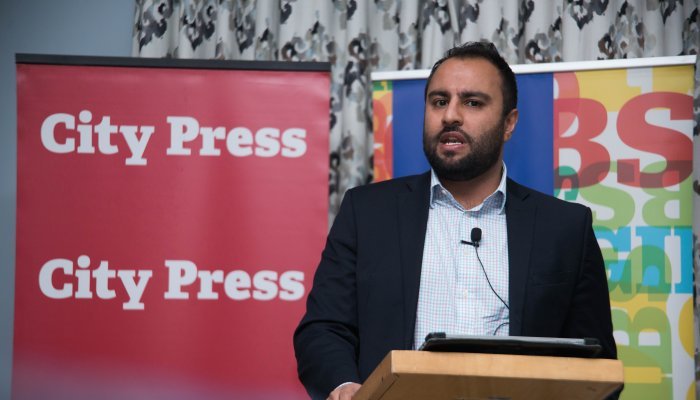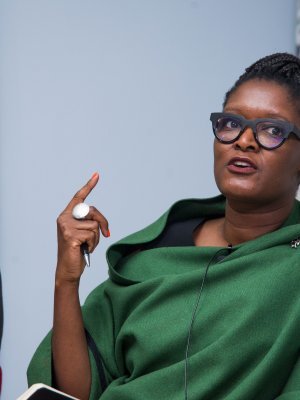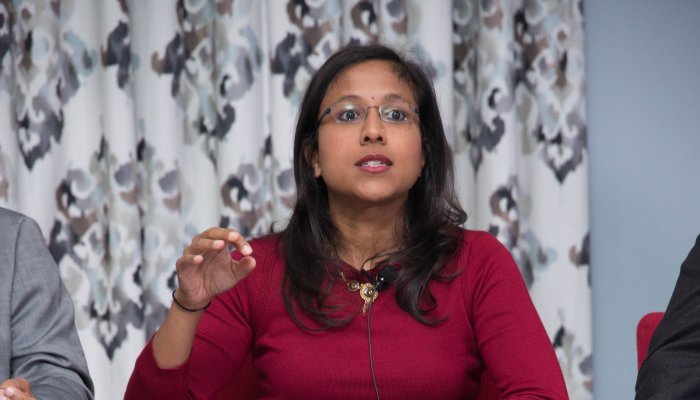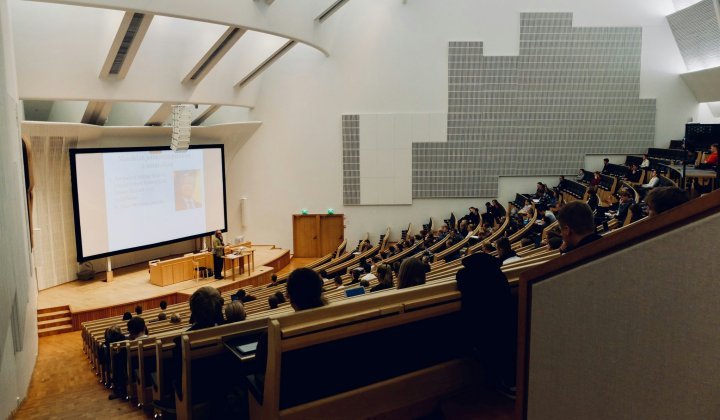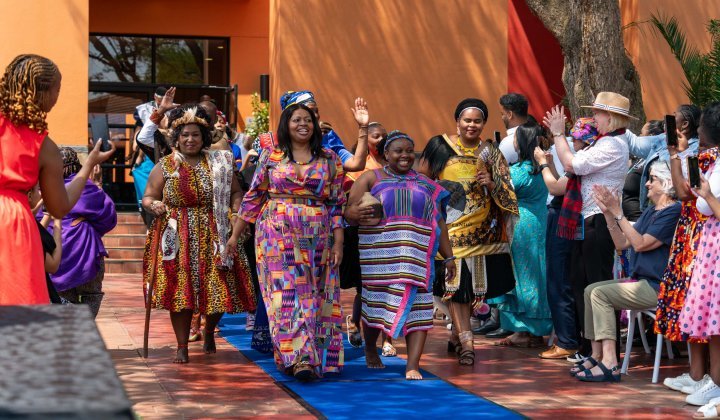The African Continental Free Trade Agreement, signed by 44 African countries in Kigali, Rwanda in March 2018, is meant to create a tariff-free continent that can grow local businesses, boost intra-African trade, encourage industrialisation and create jobs while creating a single continental market for goods and services. Countries joining AfCFTA must commit to removing tariffs on at least 90% of the goods they produce as well as establishing a customs union with free movement of capital and business travellers.
Ronak Gopaldas, director at Signal Risk told a GIBS Forum in May that the agreement is significant because of its potential size and scale: If all 55 African countries join the free trade area, it will be the world's largest by number of countries, covering more than 1.2 billion people with a combined GDP of $2.5 trillion.
Researcher at the South African Institute of International Affairs, Asmita Parshotam, said the agreement was a “massive show of political will, the extent of which has not been seen previously.”
AfCFTA would bring African countries together to create a framework for agreement, and a support structure for business. “It is important to see the implementation of the agreement against measures of international protectionism and continued uncertainty for global trade. African countries can compete globally, integrate into value chains and participate,” she said.
Head of Coverage for Africa at Rand Merchant Bank Tshepidi Moremong took a more cynical view of the agreement: “As a continent, we always have grandiose plans, whereas the regional trading blocs have been more successful than we give them credit for.”
Moremong said the AfCFTA was an “aspirational plan, agreed to by technocrats and policymakers. Doing business in Africa is difficult as basic infrastructure such as roads are often still lacking in many countries. It takes more than creating agreements,” she added.


